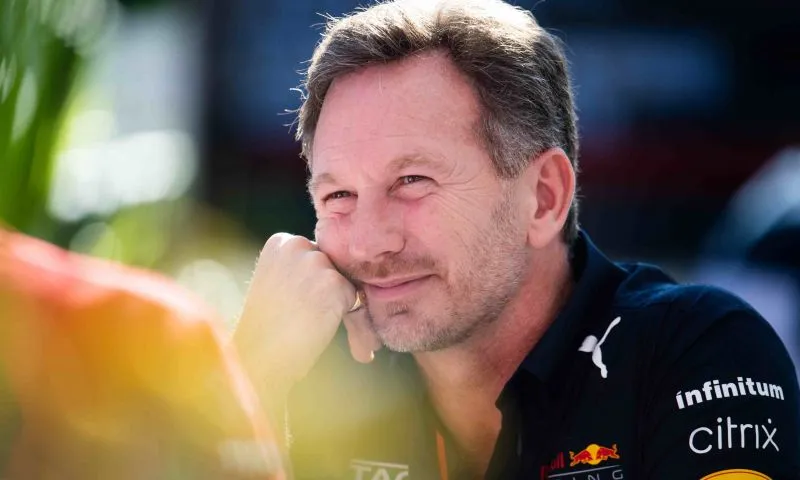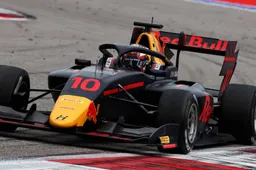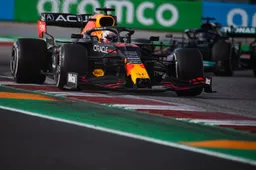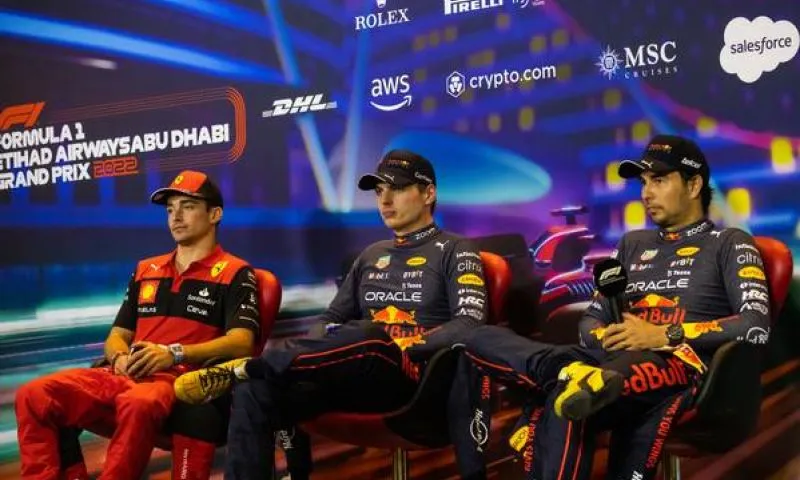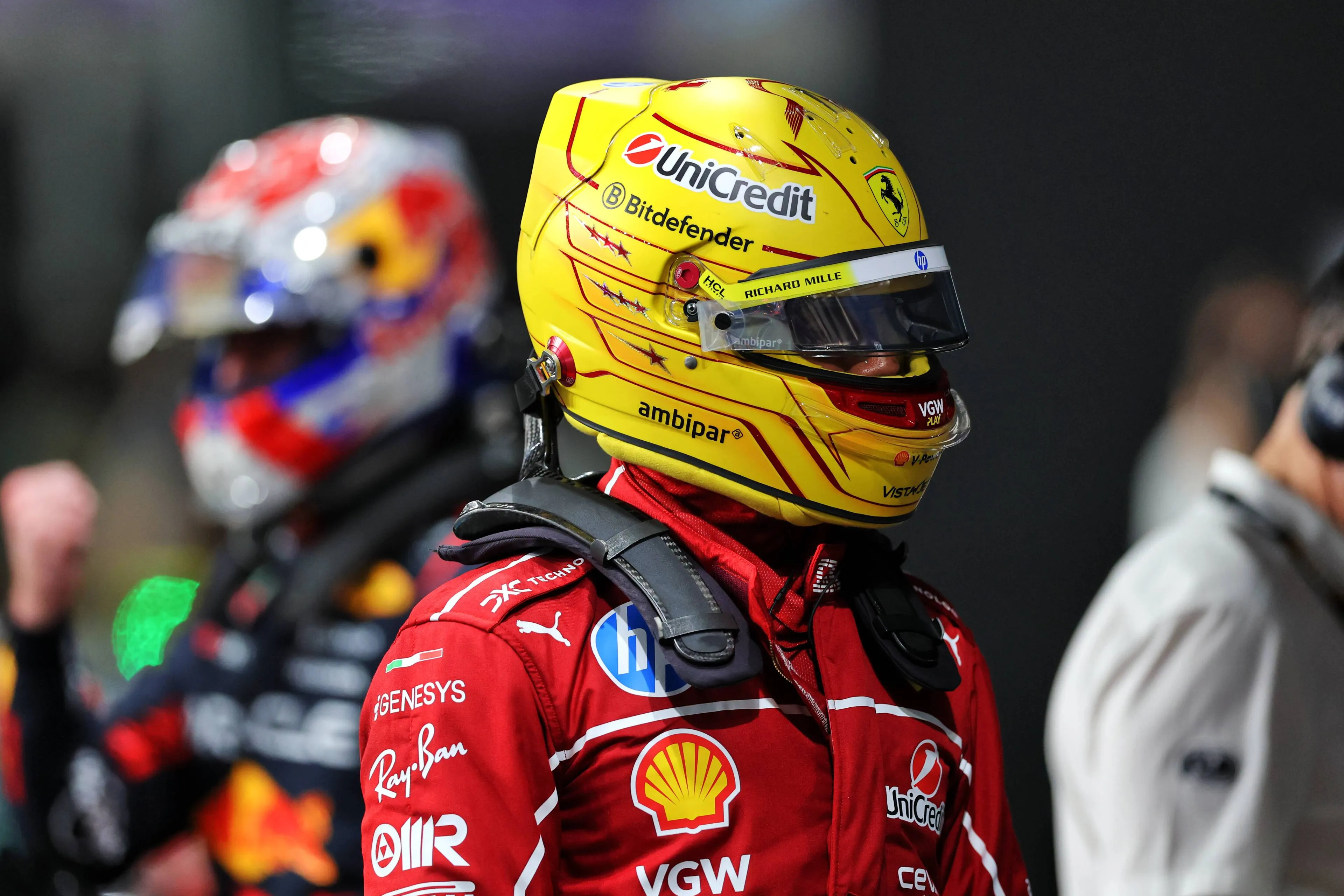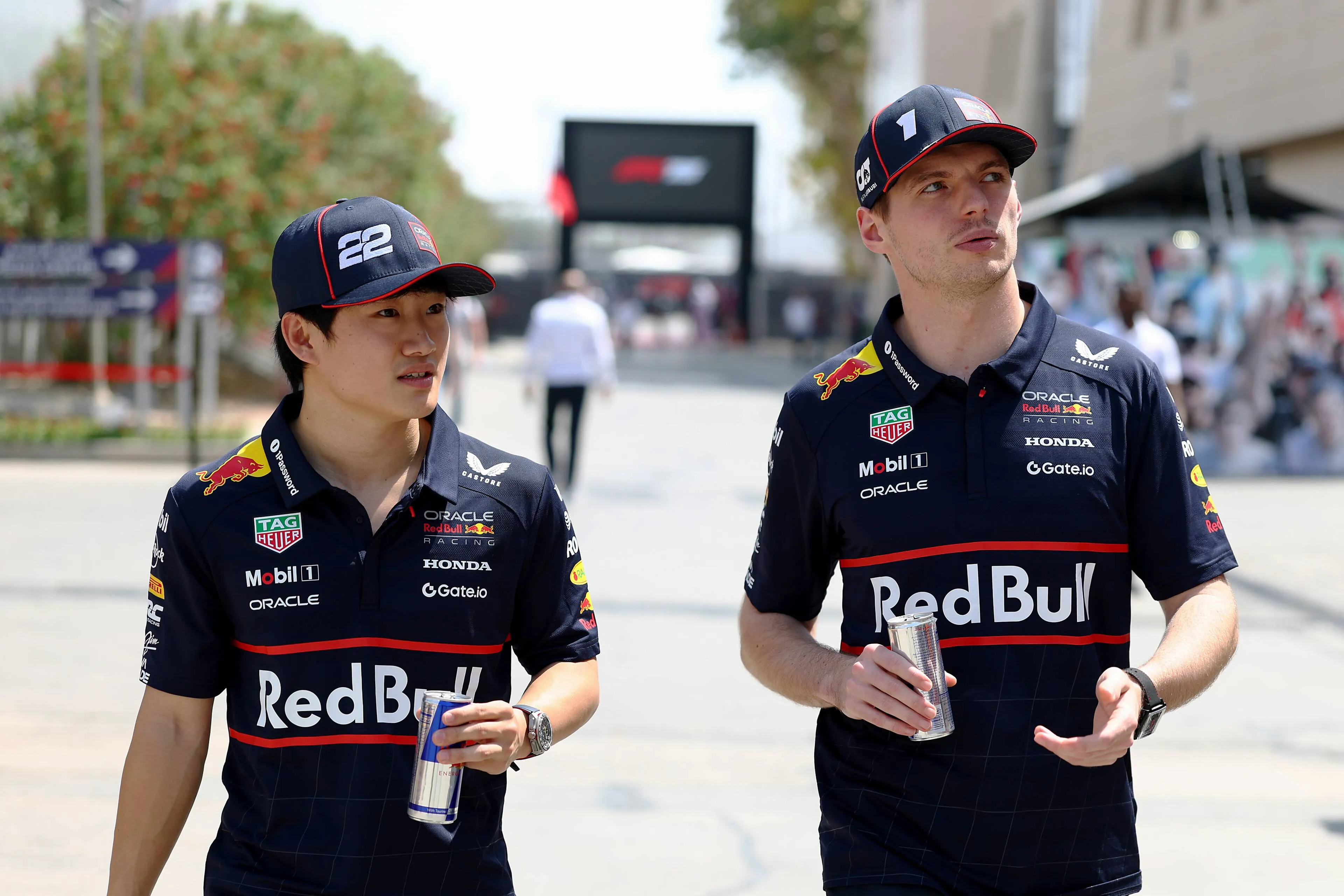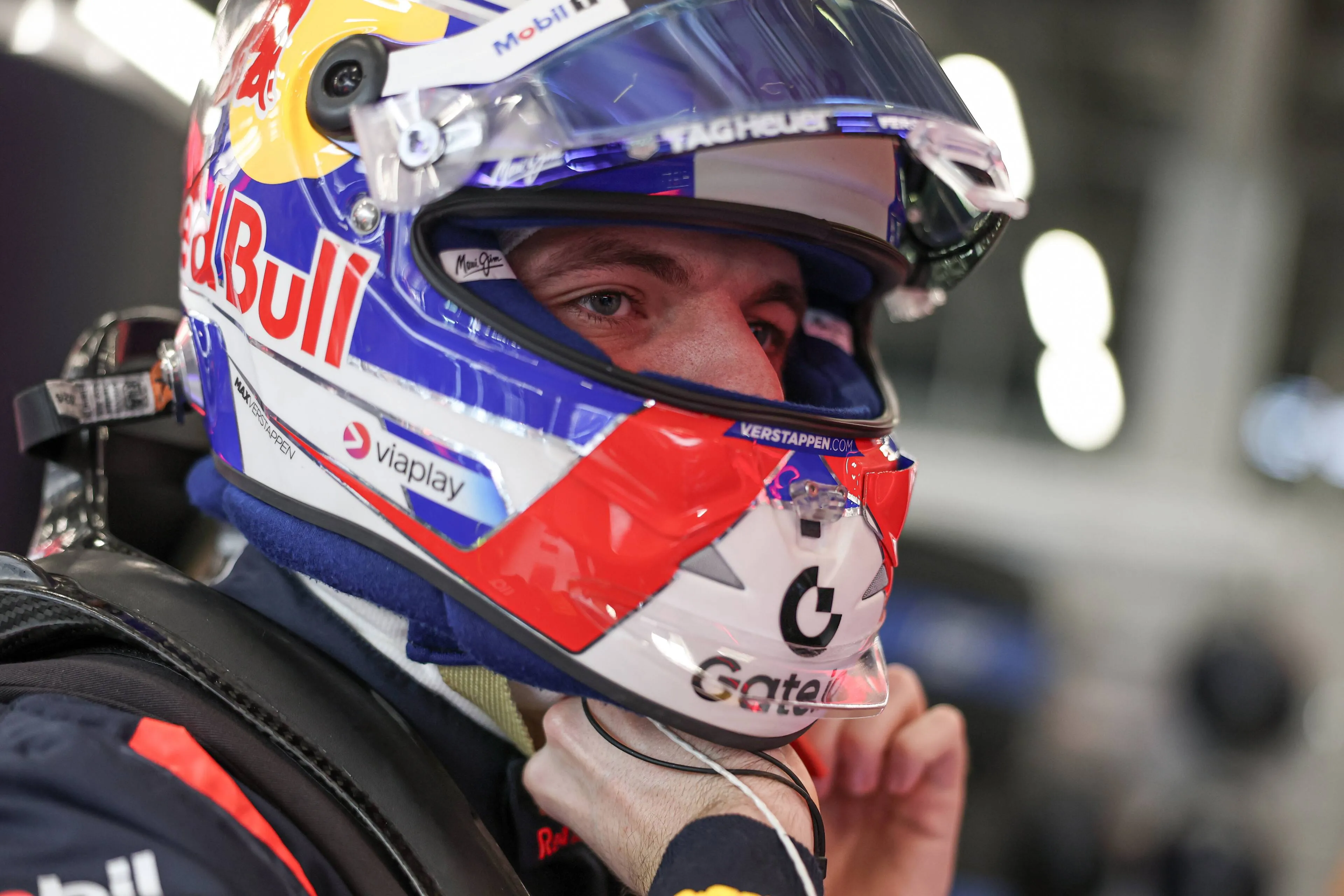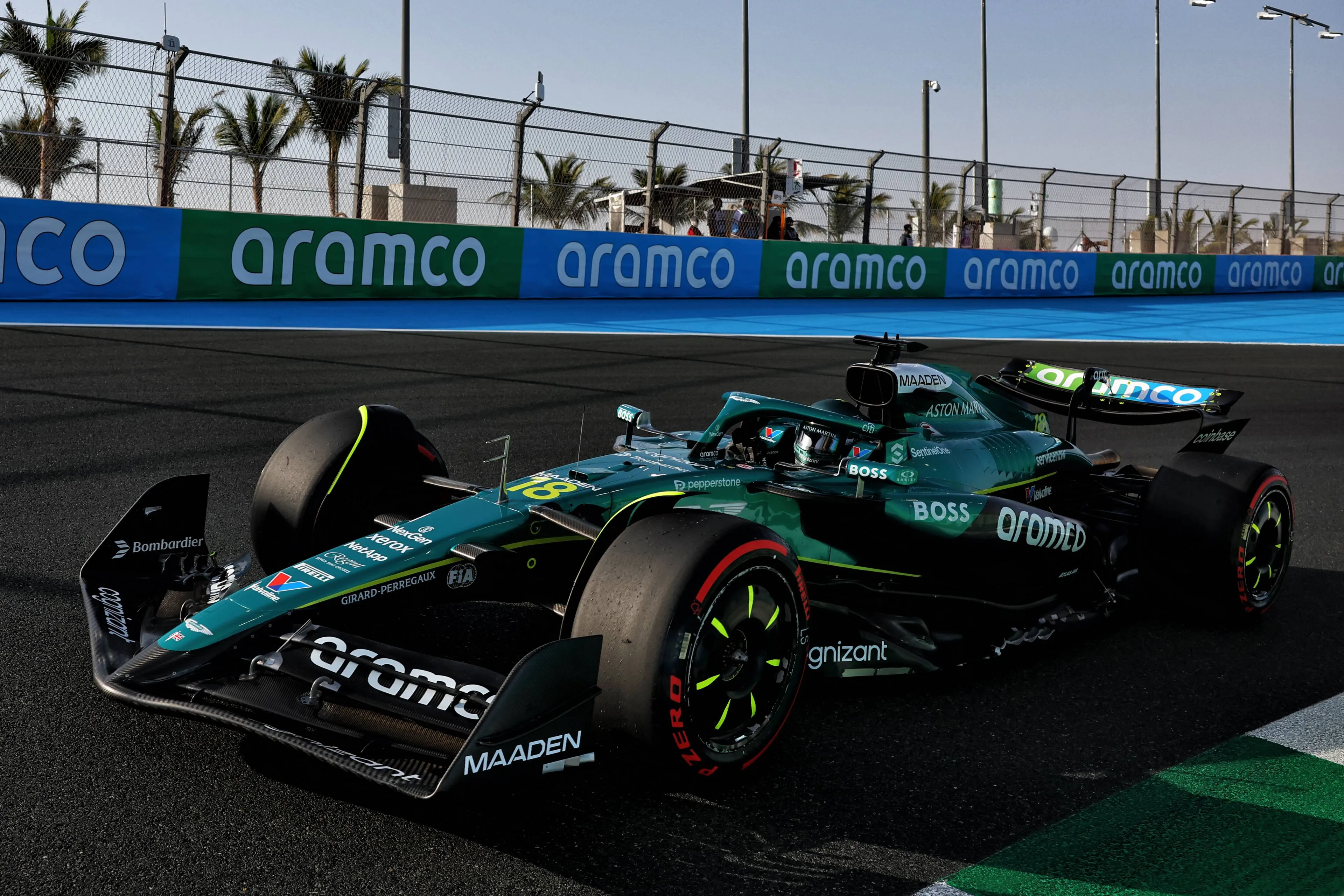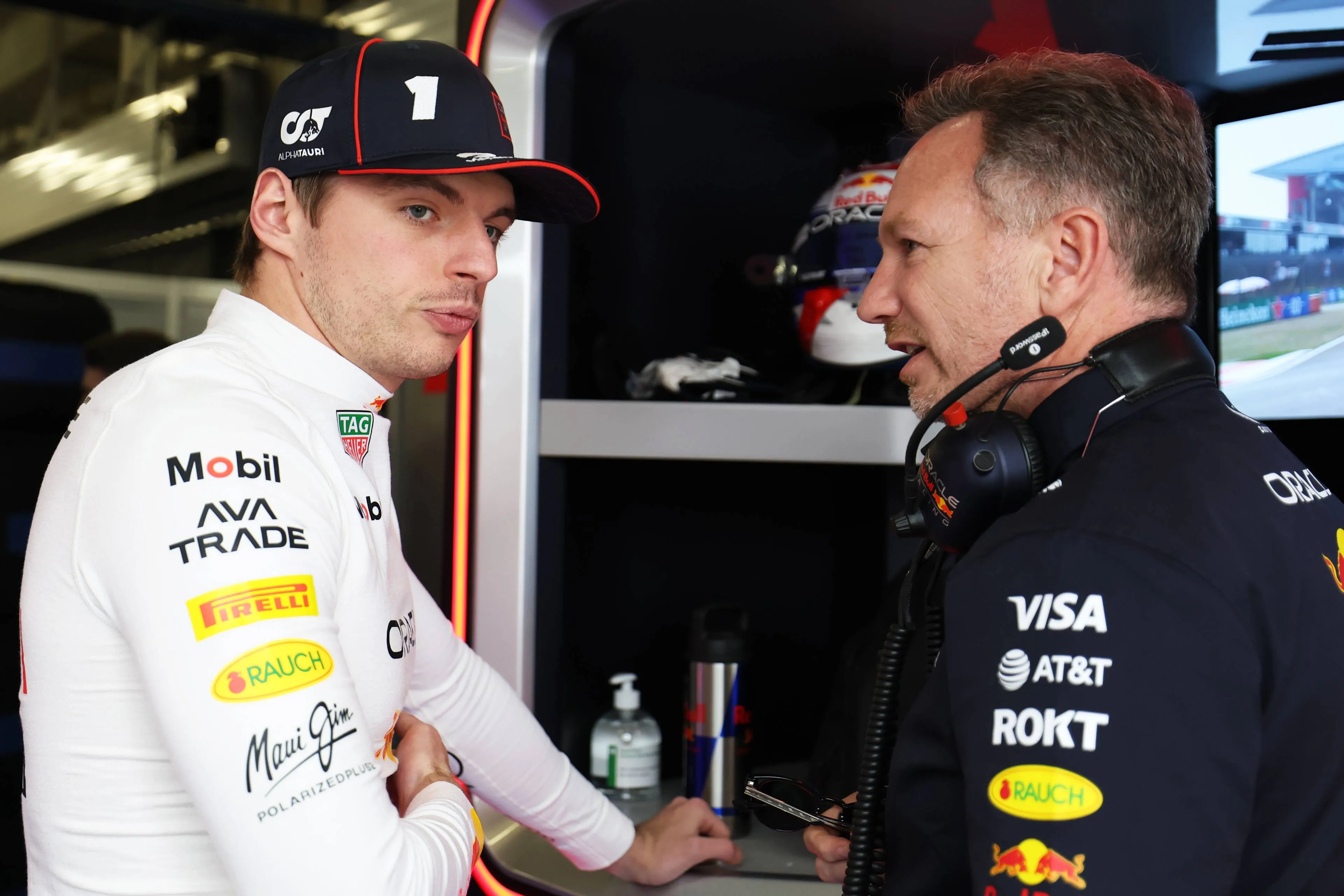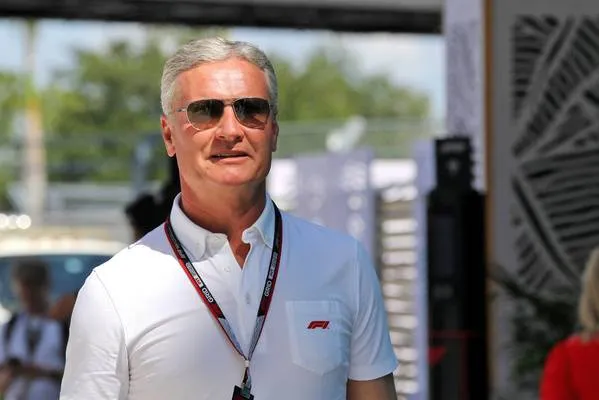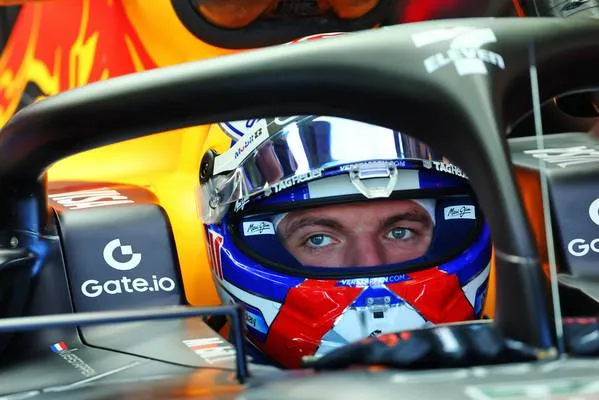The qualifying for the United States Grand Prix was not as interesting for everyone. No less than four drivers got a grid penalty because of a new engine. Christian Horner is not happy with the engine rule and the additional penalties.
Costs of Formula 1
Formula 1 is a sport where the car is essential and to make sure the differences between teams don't get too big, F1 has chosen to keep the costs for the sport as low as possible. This is now regulated with a budget cap but was already done before by for example a limit on the number of engines.
By limiting the number of engines a team can use during a season, teams are disadvantaged when they constantly come up with new engines. This stopped the endless stream of updates and made the engines last longer. This has resulted in lower costs.
Horner not happy with number of engines
In the current F1 season the number of engines you can use are so low that almost every driver will get a grid penalty at some point during the season. According to Horner, there is, therefore, no point in reducing the maximum number of engines as much as it is now.
''I don't understand that. I have never been a fan of only two or three engines in one season. In the end, everyone will use four, so we have to take that into account in the future'', says the Red Bull Racing team boss according to Formel1.de.
You can wonder if this is really the case. Teams are always looking for the limit and apparently have discovered that taking a grid penalty once or twice in a year is better than using an engine in a lower setting for more races. If more engines are allowed, the teams might choose to use an extra engine again.
Read more about:
Popular on GPBlog

1
'People can see how good Max Verstappen is now', says former F1 driver
1119 times read
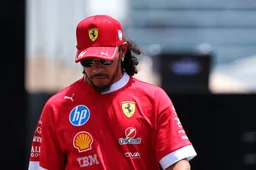
2
Former Red Bull Driver predicts early departure of Hamilton from Ferrari
1094 times read

3
'Newey designs, Verstappen drives, and Alonso sporting director, hell of a team'
301 times read

4
Antonelli would party with Alonso, Russell and Verstappen: 'They know what they are doing'
253 times read
